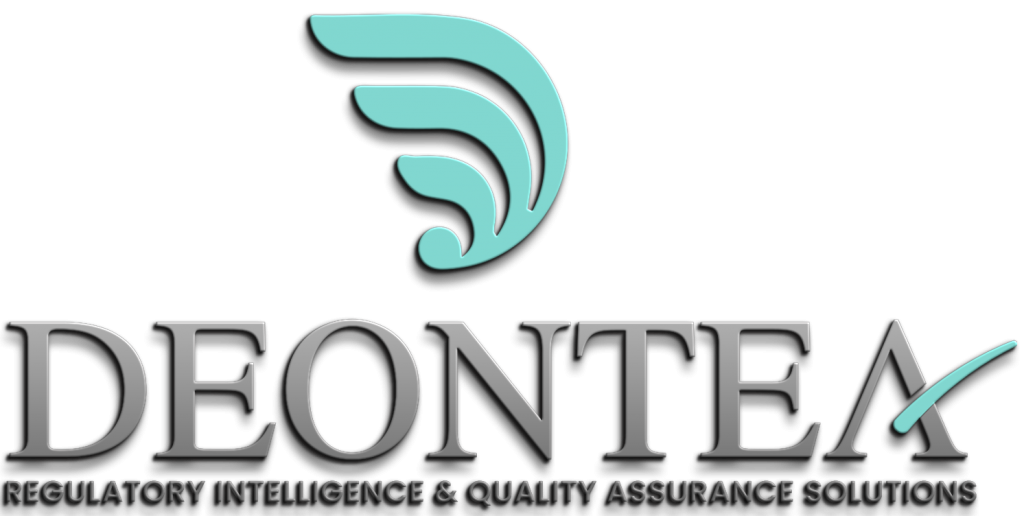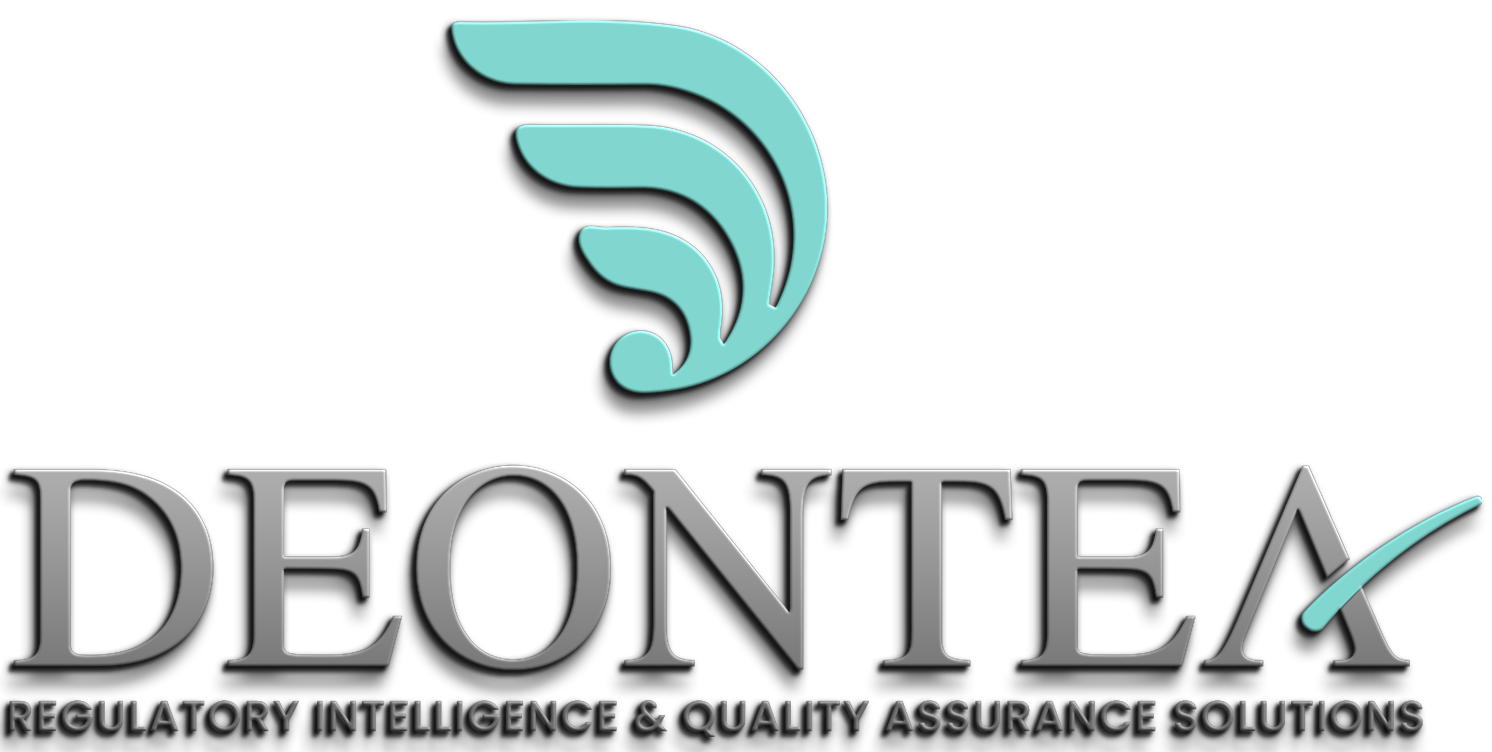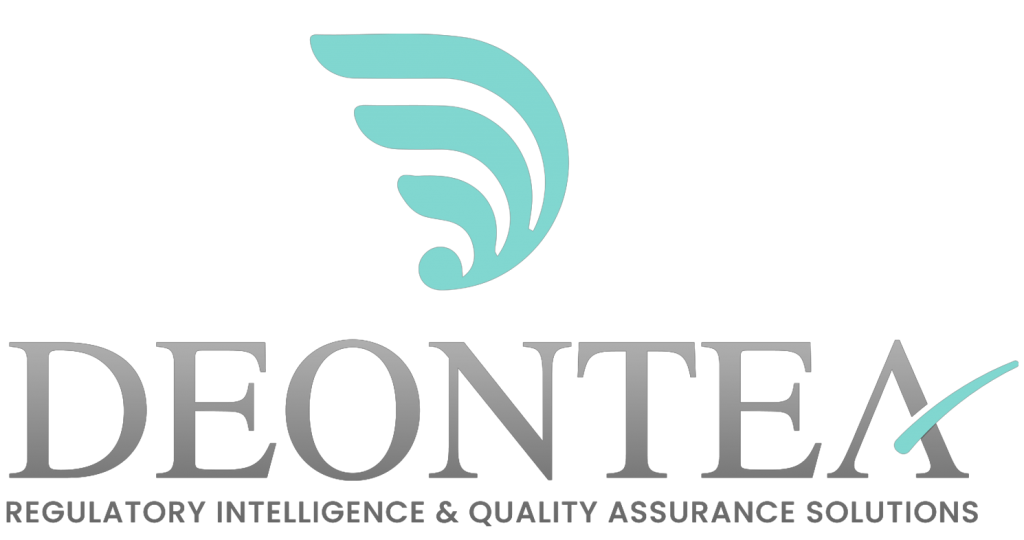Crypto-assets are heralded as the investment class of the future. Democratic, accessible to all, a break from the old model where investment was in the hands of professionals and the private investor was lost and alone. Communities of like-minded investors have formed and share their knowledge. The phenomenal growth in recent years shows the potential of this market. Ease of access has attracted new and younger investors to a world that has offered them great returns.
Once obscure and accessible only by a small number of people with technology and understanding, crypto-assets are now widely promoted to the public. Adverts appear on public transport, online, and in mainstream media. The use of apps makes the world of crypto, easily accessible no matter where and when.
Yet with maturity, and broader acceptance of crypto-assets as an alternative asset class, there have been incidents along the way, from Mt. Gox to the Celsius Network, that have questioned the robustness of firms, and the risk of losses to investors. Inevitably there are calls for increased regulation.
And the financial regulators and the politicians have taken note. They are starting to act.
The rolling wave of crypto regulation
Across the world financial regulators have issued warnings to investors about the risks of the new asset class – risks that may be unfamiliar to seasoned investors used to equity and bond markets.
Initial regulatory initiatives focused on the role of crypto-assets as a means of payment. This echoed the aims of crypto-assets such as Bitcoin as an alternative payment system for both the digitally-enabled and those alienated from traditional banking services. This led to a first wave of regulation, such as the requirement in the United Kingdom for firms active in crypto-assets to comply with legislation on Anti-Money Laundering and Anti-Terrorist Financing (AML/CTF), as well as
register with the
FCA. Other countries in Europe have adopted similar measures aimed at the cleanliness and traceability of payments, in response to the anonymity offered to bad actors.
Firms active with crypto-assets should already be aware of these AML/CTF requirements, and be fully compliant with them to their country’s regulators.
In some countries, such as France, Luxembourg and Germany, national initiatives have sought to go further than simply payment services, and aim to regulate some aspects of crypto-asset markets, and the infrastructure around them. This regulation has shown benefits. Locations such as Paris (
PSAN / DASPs regime) are regarded as a European “crypto-hub”, attracting new businesses and investment. Firms in the crypto-asset sector recognise that effective and proportionate regulation strengthens markets, and helps their own reputation as a good business to deal with.
MiCA enters the room
The European Union has also acted with surprising rapidity in agreeing a regulatory framework around crypto-asset firms operating, and servicing clients, in Europe. The “
Markets in Crypto-Assets Regulation”, or MiCA in Euro-jargon, will be a major change for the entire crypto-asset sector. As an EU regulation, it will be directly applicable as law in all EU member states. MiCA creates a legal framework for crypto-assets, with different treatments for utility tokens, for stable-coins and for e-money platforms. MiCA is being handled by the European Parliament’s ECON Committee, which has previously delivered landmark financial services legislation such as
MiFID II, resulting in major changes for investment firms and markets.
A key goal of MiCA is the protection of customers – a major source of concern for politicians as more and more investors have been attracted to crypto-assets, and unfortunately losses by some of them have occurred. By regulating the whole chain of issuance, trading and custody of crypto-assets, as well as the exchange platforms that provide services, MiCA aims to give investors the same level of integrity as already exists in established financial markets and in other asset classes.
Some commentators have called MiCA a “Mini-MiFID”, with potential requirements ranging from authorisation and capital to custody of digital assets and complaints handling. All of this is familiar to firms that have implemented MiFID II, but will be a severe shock to crypto-asset firms that are currently unregulated.
MiCA has now taken its final form, as the European Commission, the European Council, and the European Parliament have agreed a text. The legislation has entered its final stage, as the EU institutions draw up the technical details that will apply to firms. Being aware of the key elements could be critical for the industry, as proposals such as the banning in the EU of digital currencies with high levels of energy consumption in their creation may significantly affect what crypto-assets can be traded in the EU, and what services can be provided by firms.
MiCA is expected to take effect in the final months of 2023, leaving firms with only a short time to ensure that they can comply, including perhaps even having to become fully regulated as an investment firm.
And in London…
In the United Kingdom, legislators are still considering how best to
oversee the crypto-asset sector. They want to promote the development of orderly markets with appropriate consumer protection, whilst still enabling competition and innovation to make the UK a place where the crypto-asset industry can take root and grow. It remains to be seen how this balancing act will resolve, and the UK regulatory developments in this major financial centre will be keenly followed by the industry.
Deontea – your source of regulatory knowledge
All of this regulatory activity leaves crypto-asset brokers and exchanges playing catch-up with the regulators, seeking to understand the requirements that they now have, and will face in the future.
Whilst established banks and investment firms are familiar with handling regulatory change, firms that have previously been outside regulation or are exploring this asset class for the first time are not. But change also gives opportunity. Those firms who best understand the future challenges will be the ones that are best placed to benefit from them.
This is where Deontea can help. With regulatory professionals who have been in the room when the first discussions of how the oversight of crypto-asset markets took place, and a deep understanding of regulatory approaches, Deontea can give focused, effective advice on how to sustain a crypto-asset business in a regulated environment.
Deontea has recently joined
ADAN, the rapidly growing trade association that brings together firms from across the entire digital asset sector. Based in Europe, but with activities reaching beyond it, ADAN members cover all aspects from custody to trading to client management, and Deontea’s regulatory expertise will help it build an industry that can face the tumultuous changes that are certain to lie ahead.


